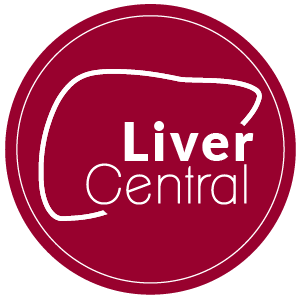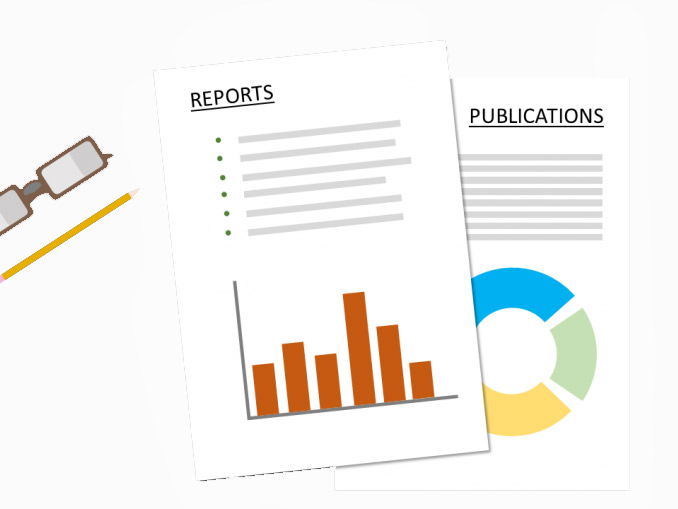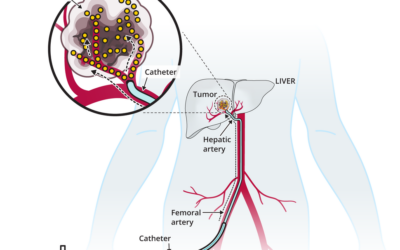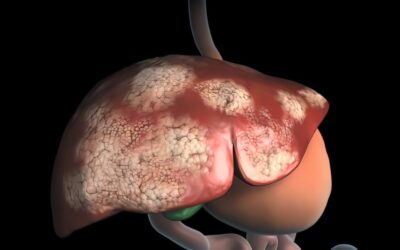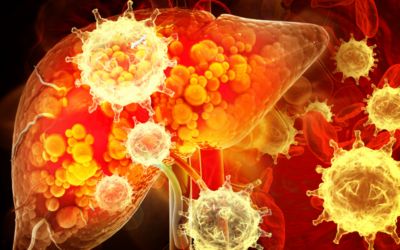Immunology
The articles listed here are updated regularly and address cutting-edge research addressing the unique immunology found in the liver.
The expanding role of immunotherapy in HCC
In this micro learning developed by experts Prof. Aiwu Ruth He and Prof. Beau Toskich, you’ll learn about the expanding role of immunotherapy (IO) in hepatocellular carcinoma (HCC) and treatment strategies of combining it with locoregional therapy (LRT) for patients...
TACE-Based Treatment Combinations Effective Against Intermediate-Stage Liver Cancer
How doctors treat a form of liver cancer called intermediate-stage hepatocellular carcinoma (HCC) is likely to change, based on updated findings from two large clinical trials. Both trials tested a procedure called TACE in combination with immunotherapy drugs and...
New insights into T cell metabolism in liver cancer: from mechanism to therapy
Liver cancer and T cell nutrition competition lead to T cell dysfunction through various molecular mechanisms. Some nanomaterials and drugs can improve T cell metabolism and promote the anti-liver cancer function of T cells. This review discusses the current...
Discovery of novel serum peptide biomarkers for cholangiocarcinoma recurrence through MALDI-TOF MS and LC–MS/MS peptidome analysis
Cholangiocarcinoma (CCA) is an aggressive cancer originating from bile duct epithelial cells, with a high rate of recurrence following surgical resection. Recurrence is categorized as early linked to aggressive tumor biology than late recurrence. This study aimed to...
Improving Hepatocellular Carcinoma Outcomes Through Enhanced Immunotherapy
In the recent study, the researchers used a combination blockade of PD-1 and CXCR4. They analyzed the efficacy of specifically blocking CXCR4 on standard anti–PD-1 immunotherapy in hepatocellular carcinoma models. Most previous studies and clinical trials tested...
New Immunotherapy Platform Better Targets Cancer Cells
A molecular platform for reprogramming immune responses has been designed by researchers from the Children’s Hospital of Philadelphia (CHOP) and Stanford University. TRACeR-I can be used to develop cancer treatments by either directly modifying immune cells, such as T...
New Combination of Anti-CXCR4 and Anti-PD1 Therapy Shows Promise for Liver Cancer Treatment
An international study, led by researchers at the Massachusetts General Hospital, has found that a combination of anti-CXCR4 and anti-PD1 therapies can improve treatment outcomes for hepatocellular carcinoma (HCC), the most common form of liver cancer. While...
Combined therapy makes headway for liver cancer
A drug that targets a protein known as phosphatidylserine boosted the response rate for hepatocellular carcinoma (HCC) patients receiving immunotherapy without compromising their safety, according to results of a phase two clinical trial conducted by UT Southwestern...
Mastering Multidirectional Tactics in HCC: Expert Guidance on Emerging Trends With Systemic Therapy Options Across the Disease Continuum
The team at MD Anderson Proton Therapy Center continues to expand ways to use proton therapy to benefit patients. The team pioneered pencil beam proton therapy, also called scanning beam, and intensity modulated proton therapy (IMPT). We are one of the few centers...
Immunotherapy in HCC: Improving Outcomes Across the Disease Continuum
Watch this video on treating patients with hepatocellular carcinoma following guideline recommendations and current data in immunotherapy to improve outcomes. Learn More
Pediatric Immunotherapy
Immunotherapy for kids: An option for childhood liver cancer?
Improve your knowledge of the latest safety and efficacy data on modern treatment options for management of early through advanced HCC. Learn strategies for creating individualized, person-centered treatment plans that utilize immunotherapy, targeted treatments, and...
